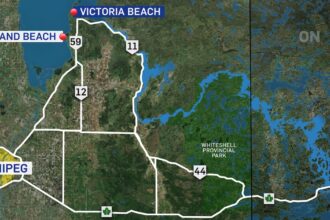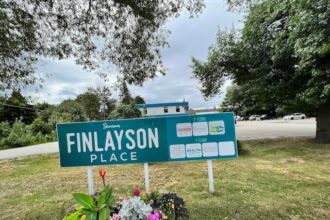The unexpected termination of a vital Indigenous food security program in Yukon has exposed troubling gaps in Canada’s approach to funding essential community services. The Yukon First Nations Wildfire initiative, which provided traditional foods to vulnerable community members while creating meaningful employment opportunities, recently lost its federal funding despite its proven success and growing community demand.
“We were serving over 200 families weekly with traditional meats and culturally appropriate food,” explains Shadelle Chambers, executive director of the Council of Yukon First Nations (CYFN). “This wasn’t just about food—it represented cultural connection, community healing, and economic opportunity for our people.”
The program, launched during the pandemic, exemplified Indigenous-led solutions to food insecurity while simultaneously addressing unemployment challenges. Indigenous hunters and fishers were employed to harvest traditional foods like moose, salmon, and caribou, which were then distributed to elders and vulnerable families throughout the territory.
The program’s termination stems from rigid federal funding structures that categorize initiatives as either “emergency response” or “ongoing programs,” failing to recognize the complex reality of Indigenous community needs that often blur these artificial distinctions. Despite the program’s demonstrable success and the territory’s ongoing food security challenges, it was deemed ineligible for continued pandemic-related emergency funding.
According to recent statistics from Food Banks Canada, food insecurity in northern territories remains approximately three times higher than the national average. Indigenous communities are particularly vulnerable, with some Yukon communities reporting that up to 40% of residents face challenges accessing adequate nutrition.
What makes this situation particularly frustrating for community leaders is that the program addressed multiple interconnected issues simultaneously. Beyond improving nutrition, it created meaningful employment aligned with cultural practices, strengthened community bonds, and supported the transmission of traditional knowledge—outcomes that align perfectly with federal reconciliation commitments.
“This is a classic example of colonial structures undermining Indigenous solutions,” notes Dr. Hannah Thompson, a food security researcher at Northern Institute for Indigenous Policy. “When communities develop innovative approaches that don’t fit neatly into government funding categories, they’re often left stranded despite demonstrating remarkable success.”
The Council of Yukon First Nations is now seeking alternative funding sources while calling for structural reforms to how Indigenous programs are evaluated and supported. They argue that truly decolonized approaches would prioritize community-defined success metrics and recognize the interconnected nature of food security, cultural continuity, and economic development.
The territorial government has expressed support for the program but lacks the resources to fully fund it independently. Meanwhile, hundreds of families who came to rely on these traditional food deliveries now face increased pressure on their household budgets and decreased access to culturally appropriate nutrition.
This situation highlights a broader challenge in Canadian politics regarding Indigenous program sustainability. Despite strong rhetoric about reconciliation and self-determination, Indigenous communities often find themselves navigating bureaucratic mazes that undermine rather than support their innovative solutions to longstanding challenges.
As winter approaches in the North, bringing higher food costs and increased isolation for remote communities, the question remains: How can Canada reform its approach to funding Indigenous-led initiatives to ensure that successful programs like this one don’t fall through the cracks of bureaucratic definitions?







